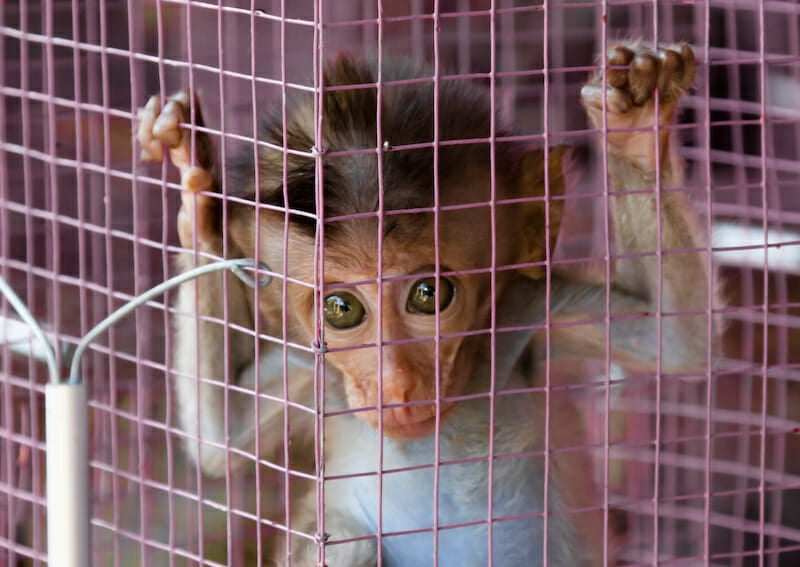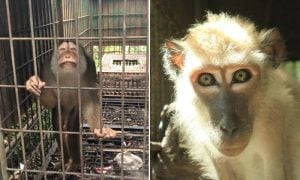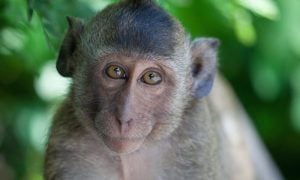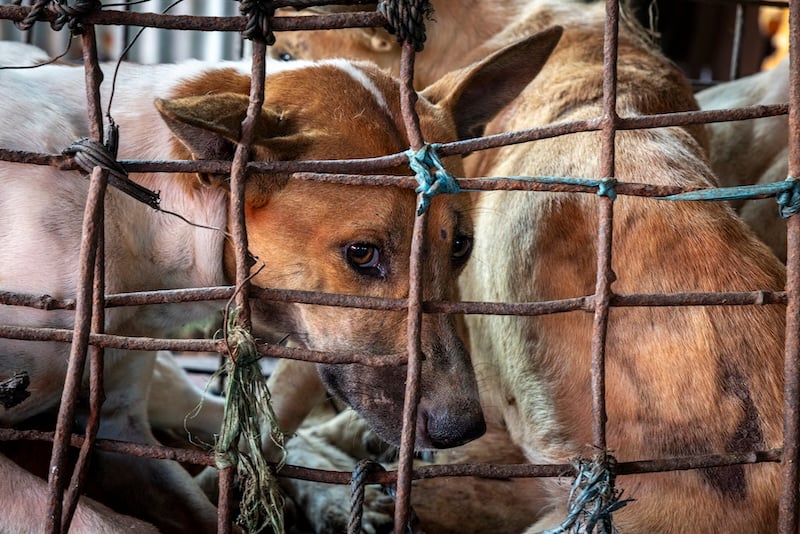A monkey breeding facility north of Mesa, Ariz., is under federal investigation after a local news report raised serious questions about the treatment of the animals in its care, including monkeys dying of diseases and being fed contaminated water.
The University of Washington, which operates the 21-acre National Primate Research Center (WaNPRC) for the National Institutes for Health (NIH), has come under fire after the Arizona Republic reported that the facility’s macaque population had been ravaged by Valley fever, a common flu-like illness caused by a fungus from the soil in the desert around Phoenix.
The report claimed that the disease outbreak resulted in higher-than-expected rates of illness and the deaths of at least 47 monkeys.
These revelations did not surprise Lisa Jones-Engel, a former primate researcher for the University of Washington.
“Hundreds of monkeys are sick, they’re suffering, they’re dying from unintended infections,” said Jones-Engel, who now works as a senior science advisor for primate experimentation with the animal welfare nonprofit People for the Ethical Treatment of Animals (PETA).
She was part of a protest against the facility, held recently outside the offices of the Arizona Department of Environmental Quality (ADEQ).
The University of Washington responded in a written statement, saying they had gotten the outbreaks under control by installing HEPA air filters and treating affected monkeys with an antifungal agent.
But that may not be enough for the NIH’s Office of Extramural Research, which oversees the facility and reported concerns to the NIH’S Office of Laboratory Animal Welfare (OLAW).
That office has since opened an investigation into the center.
“The NIH takes very seriously all allegations of non-compliance and investigates every allegation,” the NIH Office of Extramural Research said in a statement.
Animal testing, which causes horrific and needless suffering to animal victims, often provides unreliable and inaccurate results that allow unsafe products to hit human markets due to genetic differences between species. Scientists must shift to safer, more humane, and more cost-effective human biology-based methods.
If you haven’t already, sign our petition urging President Joe Biden to withdraw further funding of animal testing without safeguards to determine exactly how that money is being spent. We are also requesting that Congress ask hard questions — as they have done before — about the tests being done on monkeys and to nix the proposed $30 million increase for the NIH’s monkey-based medical madness.








